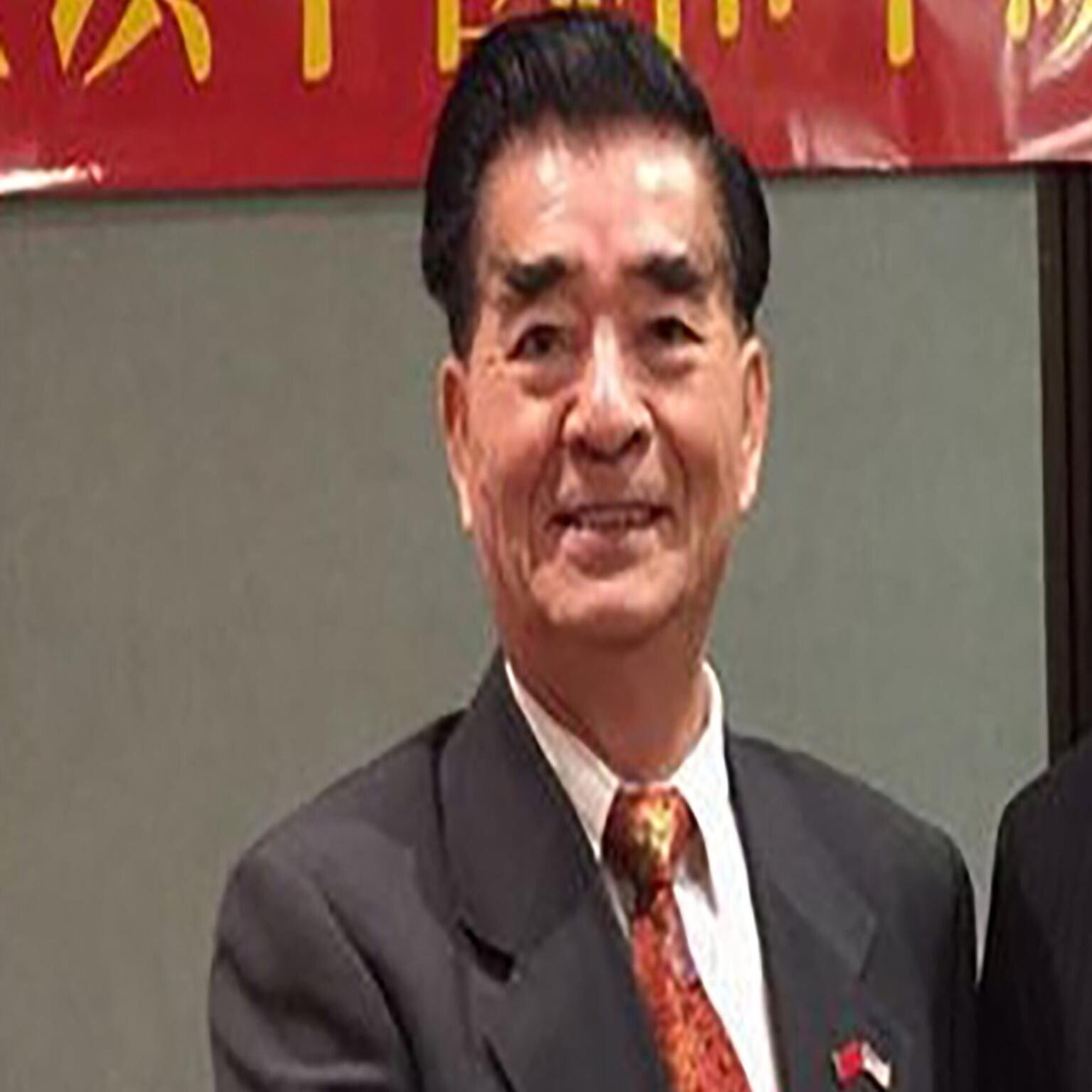He was apprehended on April 15, 2021, by the local bureau of China’s counter-intelligence agency in the southeastern city of Suzhou.

In a development that could further strain the already deteriorating relations between China and the United States, a 78-year-old American citizen has been sentenced to life imprisonment on spying charges.
The individual in question, John Shing-Wan Leung, who also holds permanent residency in Hong Kong, has been convicted, but specific details regarding the charges have not been made public. This latest incident adds to the mounting tensions between Beijing and Washington in recent years.
According to a statement released on the city’s intermediate court’s social media site, Leung was apprehended on April 15, 2021, by the local bureau of China’s counter-intelligence agency in the southeastern city of Suzhou. To combat the spread of COVID-19, China closed its borders and enforced harsh domestic travel restrictions and social controls.
Tensions between the United States and China have reached an unprecedented low point as both nations grapple with contentious issues ranging from trade and technology disputes to concerns over human rights violations.

Adding fuel to the fire is China’s assertive stance on its territorial claims, particularly involving Taiwan and the South China Sea. As a result, diplomatic visits between high-ranking officials have been put on hold, and American companies are hesitating to make significant investments due to conflicting signals from Beijing.
Meanwhile, investigations and trials related to alleged espionage and threats to national security have been shrouded in secrecy, with minimal details being disclosed to the public. The lack of transparency has left many questions unanswered, leaving observers to speculate on the extent of infiltration and espionage activities.
Against the backdrop of U.S. President Joe Biden‘s participation in the Group of Seven summits in Hiroshima, Japan, and his subsequent visit to Papua New Guinea, tensions between the United States and China continue to escalate.

China has been actively pursuing greater economic, military, and diplomatic influence in the Pacific region, prompting the U.S. and its Asia-Pacific allies to enhance their presence and offer competitive investments and financial aid.
China, now the world’s second-largest economy, has been expanding its reach by investing in infrastructure projects such as ports and railways across Europe, Southeast Asia, and other regions.
Although the recent sentencing in the Suzhou court did not explicitly mention its connection to China-U.S. relations, it is worth noting that charges of espionage are often selective, and the evidence supporting them is typically kept confidential. This practice is common among many nations, as they aim to safeguard their personal connections, networks, and access to sensitive information.
China’s rigid authoritarian political system, characterized by the absolute control of the ruling Communist Party over legal affairs, civil society, and access to information, has hindered efforts to obtain further details and appeal court decisions.
The United States Embassy in Beijing acknowledged its awareness of the case but refrained from commenting extensively due to privacy concerns. Stressing the utmost importance of ensuring the safety and security of U.S. citizens abroad, the embassy provided a statement via email.

The Hong Kong government, which was once promised the preservation of its financial, social, and political freedoms when it reverted to Chinese rule in 1997, did not immediately respond to Leung’s sentencing.
Since 2020, when Beijing implemented a far-reaching national security law and cracked down on pro-democracy protestors, it has essentially abandoned its commitment to upholding Hong Kong’s autonomy.
As part of an ongoing crackdown on foreign businesses that provide sensitive economic data, Chinese national security agencies have conducted raids on the offices of foreign business consulting firms in Beijing and other cities. This move is indicative of the tightening control exerted by President Xi Jinping’s government over the country’s economy. Interestingly, this development contrasts sharply with efforts made earlier this year to attract foreign investors back to China after the lifting of stringent COVID-19 pandemic restrictions.
In China, it is not uncommon for individuals to be subjected to long periods of detention before their trial. Prosecutors in the country possess extensive powers to detain individuals charged in national security cases, regardless of their citizenship status.
The cases of two Chinese Australians, Cheng Lei, a former employee of China’s state broadcaster, and writer Yang Jun, are illustrative of this situation. Cheng Lei has been held without any information regarding her sentencing since 2020, while Yang Jun has been in detention since 2019, also with no updates on his legal status.
The Chinese government has shown particular suspicion towards Chinese-born foreign citizens, individuals from Taiwan and Hong Kong, especially those with political contacts or involved in academia or publishing. These individuals have been targeted under suspicion of engaging in activities that could undermine the ruling Communist Party’s authority. However, the government has not provided concrete evidence to support these claims.
READ ALSO: Chinese foreign minister visits Pakistan: Talks about Political Instability
Under President Xi Jinping’s leadership, the Communist Party has initiated several campaigns aimed at countering perceived foreign attempts to sabotage its rule. As part of these efforts, universities have been instructed to censor discussions related to human rights, modern Chinese history, and ideas that may raise questions about the absolute control of the Communist Party.
In terms of foreign relations, Xi’s government has adopted a tough stance. Recently, it expelled a Canadian diplomat in response to Ottawa’s decision to expel a Chinese embassy staff member who was accused of threatening a Canadian parliament member and their family residing in Hong Kong.
This aligns with Xi’s confrontational approach on the global stage, where China has partnered with Russia in accusing the West of provoking Moscow’s invasion of Ukraine and attempting to overthrow the United States-led liberal dominance in global affairs.
READ ALSO: Zelenskiy Hails Germany’s “Fantastic Solidarity” In Visit













